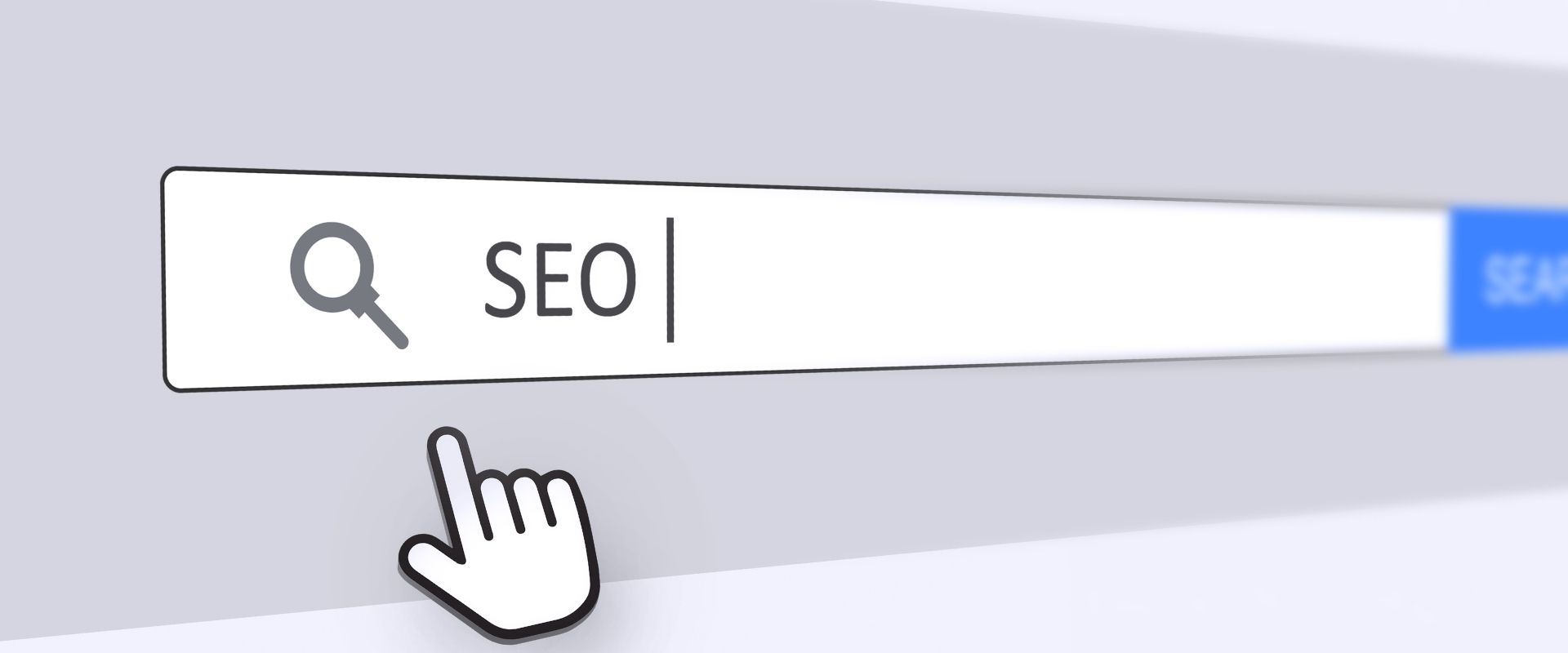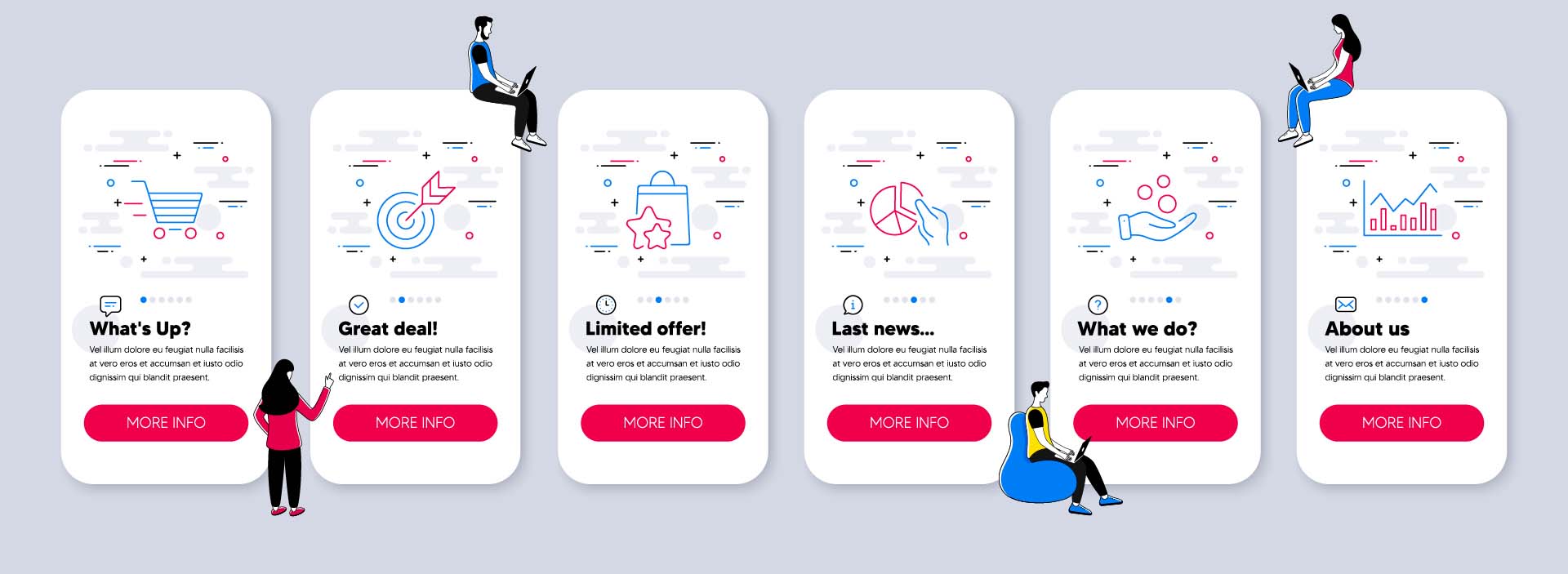Keywords. The key word in Search Engine Optimisation.
If you’re active in online and digital marketing, then most likely, you’ve already come across keywords. Read any SEO blog and it will tell you all about the importance of doing keyword research, how and why to target specific keywords, the dangers of keyword stuffing, etc.
So yes, we know keywords are super important, but it can be hard to know when and where and how we should be implementing them.
For each and every page on your site, you should be looking to optimize for no more than four or five keywords as a maximum. Using too many keywords can (and most probably will) have a bad effect on your Google ranking.
We’re here to cut through the fluff and straight-up tell you exactly what you need to do with your keywords once you have them. This forms an integral part of any successful SEO and content marketing strategy.
Where to Use Your Keywords
URLs (plus Breadcrumbs)
URLs do not have a massive impact on rankings but nonetheless, having a readable URL that includes relevant keywords can contribute to an improved user experience and your overall search visibility. You can optimise your URL by making it reflect the content of your page, i.e. mention your keywords.
A proper URL structure will provide the basis for seamless breadcrumb configuration.

Header Tags
Header tags are mainly used to highlight both the titles and subtitles in your site copy. By placing your main keywords in the header tag you are telling Google that the keyword is relevant to your copy. You should use your main keyword in header 1 tags and secondary keywords in header 2 and header 3 tags.
Website Metadata
Title Tags
Title tags are another example of meta tags that we talked about above. You can indicate to search engines what the title of your page is with a Title Tag.
Title Tags are hugely important for SEO: they are the first thing that search engines and users will come across that will identify the content of your page. It is the tag that will be shown to your prospects on their results pages.

Make sure to create an informative title that includes your most important keywords, and make sure to mark this with a Title Tag in your page’s HTML source.
Meta Description
The meta description is the short paragraph in the SERP that gives a quick insight into the page’s content. While not crucial for Google rankings, optimising your meta description is very important in helping Google understand your content and gaining user click-through from SERPs.

If you don’t determine your description yourself, Google will try to assess your content and take a few lines of your content that best answers the user’s query. As the person who knows (and can sell) your content best, it’s important to provide this info yourself. Make it easy for search engines to understand your page!
These short paragraphs are your opportunity to advertise content to future prospects. Use your keywords and let them know exactly what your page has to offer with regard to what they are searching for. Tools such as Yoast SEO’s Plugin makes it easy for anyone with a WordPress website to edit their Meta Description.
Structured Data (Schema Markup)
Structured Data means structuring your data in a way that search engines easily understand what your content means and can include all sorts of relevant info in your snippet. This has far-reaching SEO benefits. Even if you don’t hold one of the top positions in the SERPs you can win more clicks with a rich, informative and visually appealing snippet.
Structured data will help your page go from this:

To this:

Having a well-optimised snippet can help you gain more clicks, even if you don’t hold the top spots in the SERPs (search engine result pages). Using keywords here will ensure that Google shows your content as relevant and that the first impression you make attracts targeted visitors.
These elements will help your audience to choose you over the competition.
Content
Providing Google with high quality and unique content is unquestionably vital to the success of your business.
This means writing content for the user but also for search engines. Good content finds the balance between SEO and a seamless user experience. Have keywords in all the right places but don’t overuse them.
A general rule of thumb is to implement your main keyword in the first sentence of your content and in the last sentence of your content.
Just remember, go for a liberal keyword distribution throughout (one keyword per 150 words). You should not overstuff your content with keywords, as it is written primarily for human readers, and only after that, search engines.
Social Media
Having a strong Social Media presence can drive organic traffic to your website and is a great way to boost your SEO.
Assuming you have carried out keyword research, then you already have a lot of info on the content your target market is looking for. You can use this research to target your audience on social channels too and implement an effective social media marketing strategy.
By producing keyword targeted, relevant and high-quality content on your social accounts, you can position yourself as an influencer and market leader. This can have many benefits.
Traffic
Social Media doesn’t directly affect your ranking, but it can send lots of organic traffic to your website if you’re doing it right, and more traffic can improve your SERP ranking for particular keywords.
Profile Rankings
Social media profiles rank in search results too, you can use your keywords to optimise your social media snippets to gain more clicks and improve your brand visibility and awareness.
Social Media Search
Most social media platforms also have extensive search functions. Many people will look for local businesses and news on Facebook or Twitter even before checking Google. Therefore it is important to use your keywords to position yourself well in social media searches.
Links
Backlinks, also known as inbound links, are links from other sites to your site and are viewed by Google as votes of confidence in your content.
In other words, these inbound links are like another page saying:
“Check out this content, it’s really good!”
The more inbound links that you get, the more website owners and other internet users are finding your content relevant and helpful. This is indicated to Google by these people voting for your content via inbound links. Google and other search engines value this kind of social validation.
However, in a search engines’ world, not all backlinks are created equal.
Search engines are designed to value not just the number of backlinks you have links but the quality of those links. Over-optimisation (where you have a very high volume of low-quality links) can negatively affect your search engine ranking.
The main reason for this is to prevent search engines from being manipulated by low-quality sites or linking to each other to get top rankings. So, the very first step in building links is to find websites from which you can get high-quality links.
High-quality links are from popular, authoritative websites that produce well-respected content around your keywords.
To find these websites you need to research what content your target audience reads and then begin building a network of links from these pages.
Anchor Text
Google uses the visible, clickable text in a hyperlink (the Anchor Text) to help determine the subject matter of the linked-to page.
For example, a backlink saying “Buy Content Online” is much better than simply “Source,” or “Click Here” because this doesn’t tell Google anything about the webpage that it is linking to.
Like we’ve done in this sentence, using keywords in anchor text is one of the most important aspects of SEO friendly link building.
If many links point to a webpage with relevant keywords as anchor text, that webpage has a strong chance of ranking well.
Match Search Intent
This step is hugely important and often overlooked. It basically means using your keywords wisely! If you want to earn high rankings in the SERPs you need to provide content in the format your audience wants to see it in.
You can perform in-depth and accurate keyword research but if you don’t use your keywords in combination with the right type of content, then you won’t improve your rankings.
Get into the shoes of your customers and think about what they are looking for.
Matching the search intent of the user is vital to successful SEO.
Some keyword optimisation techniques have much more impact on search engine optimization than others. The truth is that search engines are constantly changing their algorithms, but we’re here to help you keep on top of those changes.




















